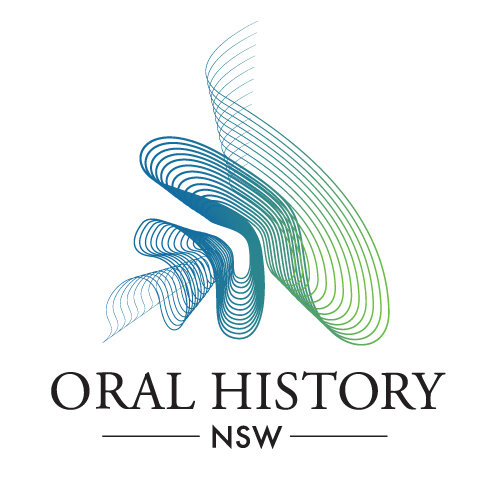The Professional Historians Association and Oral History NSW recently co-presented a panel discussion, Working as a Freelance Historian and/or Oral Historian in NSW at History House in Sydney.
Chaired by PHA NSW-ACT President and freelance historian Dr Naomi Parry-Duncan, panel members were Dr Martina Mueller, a professional historian working in Sydney’s heritage sector; Dr Paul Irish of Coast History & Heritage an archaeological consultant specialising in Aboriginal Heritage; and Dr Margaret Leask, a freelance oral historian focussing on the performing arts who has been researching and recording oral histories for libraries and archives for twenty years.
Focusing on the practicalities, joys and challenges of working as a freelance historian, this was a terrific opportunity to appreciate the great value of connecting with others who work in the freelance environment and are active members of organisations that encourage and support our work. We often, as historians, work alone, and there are many practical issues to deal with: acquiring an ABN as a Sole Trader, finding and bidding for work, quoting realistic and ‘competitive’ fees, insurance, ethical issues, self-promotion and a website presence and, for oral historians, acquiring and using appropriate recording equipment and understanding permission and copyright agreements in relation to both the interviewee and the receiving organisation.
This last issue was raised and further discussed during the question time at the end. It was agreed that both PHA and OHA (their state and national organisations), provide excellent on-line information, resources, events, registers of practitioners and fee guidelines as well as organising face to face Conferences and training opportunities. The panel recognised the value of collaborating with other historians and seeking mentoring help rather than feeling competitive, and all agreed that when starting out as a freelance historian, the best way to initiate research or oral history projects was by focussing on one’s own interests, experience, knowledge and particular enthusiasms.
In this way it is possible to identify upcoming significant events, anniversaries and milestones in relation to organisations and people and to offer research into the past and perhaps interviews with people involved. Of course, there are also significant events such as bushfires, covid, floods and other traumatic events that need to be documented and shared.
Consideration was given to how our work has changed in the digital age. Inevitably most of our administration work is done by e-mail, and many of us use teams or zoom for meetings. When Covid reduced working together face to face, I recorded, very reluctantly, some oral history interviews by zoom. However, I guess there can no better example of the joy of sharing interests and networking in the room than the pre drinks, nibbles and conversation we shared before the panel kicked off. While I was delighted people could join the session on-line, the smiling, responsive faces in the room were very encouraging!
As historians we are all trying to get the story and people behind or beyond the facts and often the journey takes us to unexpected places, particularly with oral history interviews. As historians, research and making connections is in our DNA. Those working on tangible research material discover some of the facts along the way whereas perhaps oral historians need to know many more facts, to prompt memories, before they go for the story/interview, so make sure you do your research.
This brings me to a shout out for Richard Flanagan’s wonderful recent book Question 7 (Penguin Books 2024), which he describes as ‘an account of memory, not fact, and facts are not how we know ourselves, while memory - its tricks, its evasions, its silences, its inventions, its inevitable questions - is who we become as we shuffle around in a circle…’ (Page 151). Read it and be awed by his story telling in this blend of dream, family history, place (Tasmania) and memory.
Written by Margaret Leask

